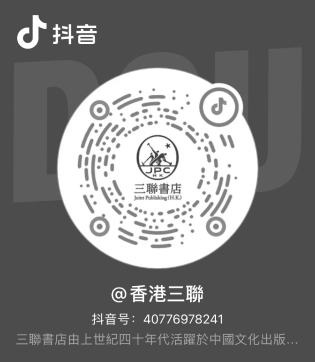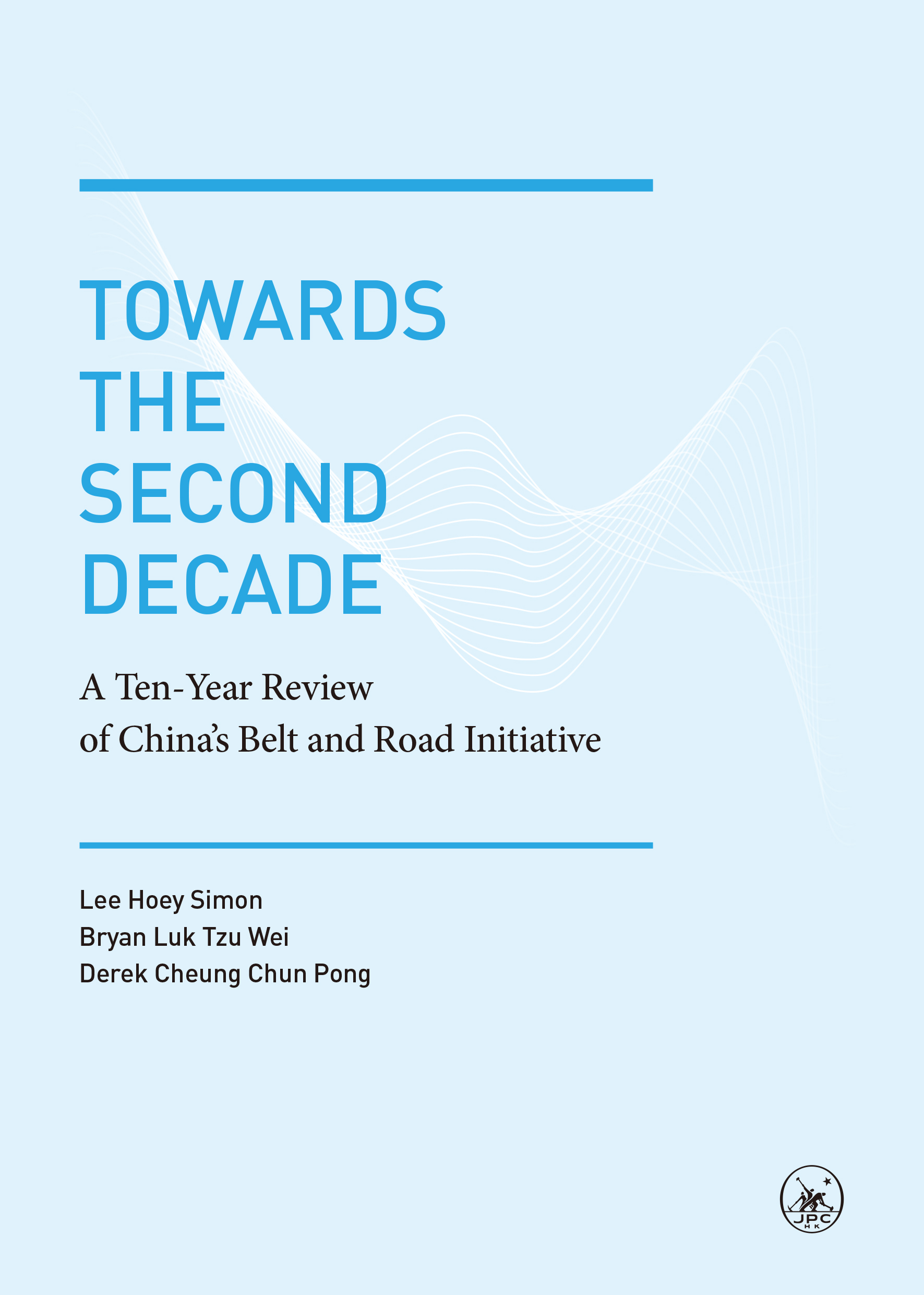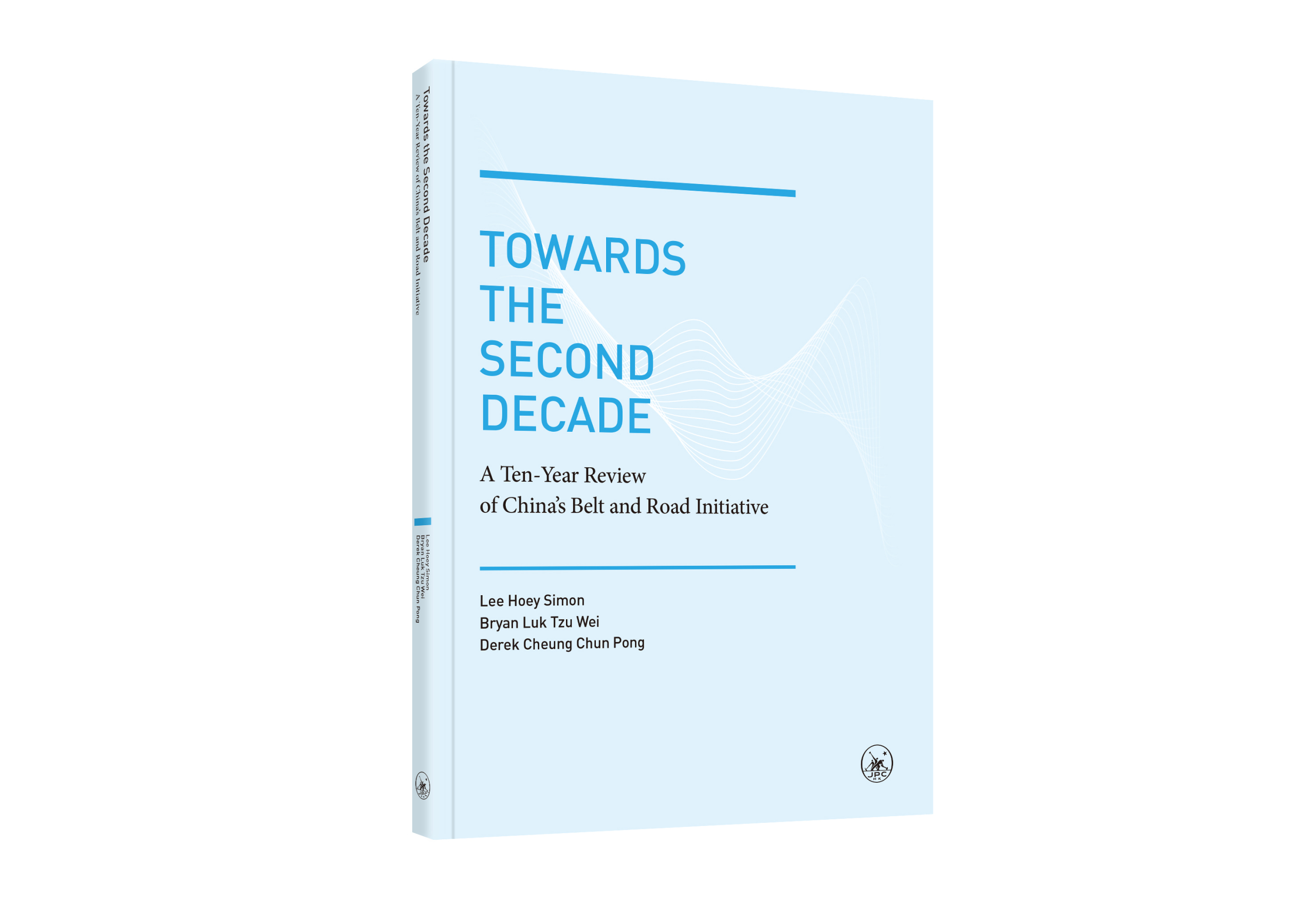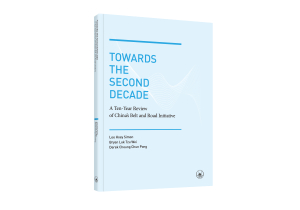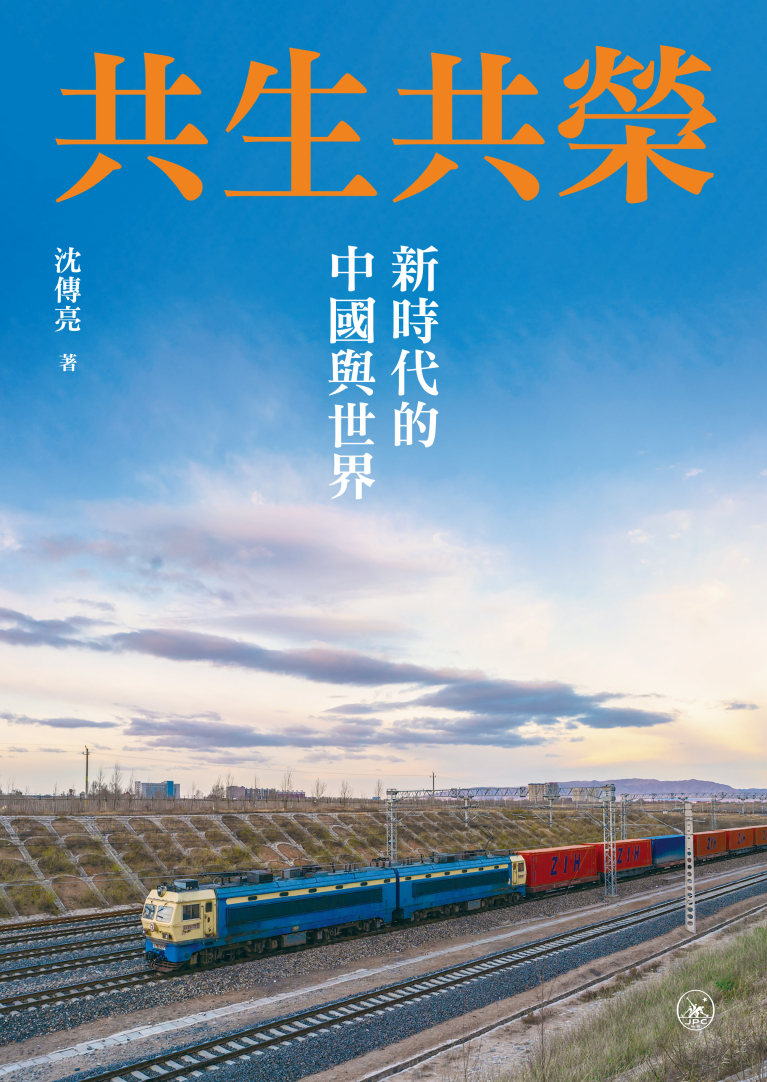Towards the Second Decade: A Ten-Year Review of China’s Belt and Road Initiative
簡介
This book focuses on the Belt and Road Initiative (BRI), systematically analyzing its background, macro-objective, achievements and challenges as a ten-year review, to better advance towards the second decade. Divided into five chapters, it respectively explores the BRI’s background and origins, contrasts between China’s model of “new sharing” and the West’s legacy of colonialism, the development of transportation and Internal and external connectivity, the role of regional cooperation platforms and mechanisms, and the challenges confronting the initiative. The book argues that the BRI should not be regarded merely as a complex of economic projects; rather, it constitutes a crucial practice through which China pursues mutually beneficial development, civilizational exchange and the exploration of a new development Path according to one’s own global vision.
目錄
Chapter 1 Background and Origin 001
I The Fundamental Purpose of the Belt and Road Initiative 008
II History, Theories, and Policies 011
III Contemporary Silk Road – Needs and Opportunities 015
IV China’s Strategic Opportunity Period 018
Chapter 2 New Sharing versus Old Colonialism 021
I Outbound Investment and Globalization: From the World’s Manufacturing Hub to the World’s Engineer 045
II High-speed Rail that Changes the Economic Civilization: Construction of Mega-Transportation Network 047
III China-Europe railway and the Chinese Civilization: Opening a Second Lifeline 048
IV Understanding China: Leveraging on Soft Power Platform 051
V The Development and Impact of the Free Trade Zone 060
VI Prototype of the Free Trade Zone 061
VII Practice of the Belt and Road Initiative and its knowledge platform 064
VIII Belt and Road Forum Seeks to Strengthen International Cooperation with Eight Significant Measures 065
Chapter 3 Transportation & Internal and External Connectivity 067
I Domestic Planning of the Belt and Road Initiative 069
II The Unique Positioning of the Provinces 071
III Advance Planning in the Core Provinces 072
IV The Four Vertical and Four Horizontal High-speed Rail Network 073
V The New Western Land-Sea Corridor 074
VI Xinjiang’s Position as the Regional Hub and Gateway to China 075
VII Potentials and Risks in Kashgar Economic Circle 077
VIII Fujian as the Core Region in the 21st Century Maritime Silk Road 079
IX Construction of Airport Network 080
X Increasing the Roles and Functions of Second-tier and Third-tier Cities 081
XI Construction of Critical Cities and Node Cities 083
Chapter 4 Connecting the Regional Cooperation Platforms 085
I Connecting the Eurasian Economic Union with the Belt and Road Initiative 088
II Facilitating China and Central and Eastern Europe Economic and Trade Development: The 16+1 Summit 090
III The 16+1 Summit mechanism under the Belt and Road Initiative 092
IV Port of Piraeus: The Seaway Connection between China and Europe 095
V Deepening China-Europe Strategic Cooperation 096
VI Changing the Global Financial Landscape: From AIIB to RMB 098
VII Deepening China-Africa Relationship: China-Africa Economic and Trade Expo 100
VIII Promoting Africa Union Agenda 2063 102
IX The Community with a Shared Future between China and Africa: 10 Major Cooperation Projects 104
X Creation of Cooperation Dialogue Mechanism: China-Arab States Cooperation Forum 108
XI Further Consolidation of China-Arab Trade and Investment Relationship 110
XII The Four Core Nations in China-Arab Cooperation 113
XIII China-Egypt Cooperation 114
XIV The Objective of Creating a Peaceful Middle East under the Belt and Road Initiative 118
XV China-Pakistan Economic Corridor: The Core of Development in South Asia 120
XVI Construction of the 21th Century Maritime Silk Road: Soft Power and the Indian Ocean System 129
XVII Facilitating Cooperation in South Asia: The Bangladesh-China-India-Myanmar (BCIM) Corridor 131
XVIII RCEP: The Political Economic Strategy in Southeast Asia 134
XIX The Globalization of the China-ASEAN Commodity Exchange 139
XX The Belt and Road Initiative and the Eurasia Initiative of South Korea 145
XXI The Belt and Road Initiative and Latin America 148
XXII Shanghai Cooperation Organization 150
XXIII BRICS+ 152
XXIV The Establishment of the International Organization for Mediation 153
Chapter 5 Challenges 157
I Sino-US Trade Friction since 2018 158
II Comparison between AIIB and ADB: Building an Economic Community 160
III Comprehensive Competitiveness 162
IV The Dragon and the Elephant: The Rise of China and India 164
V The Three Major Risks in the Belt and Road Initiative 167
Appendix BRI Countries Profiles 169
About the Authors 175
About the Project Designers 177
作者簡介
Dr. Hon. Lee Hoey Simon MH., JP.
Dr. Hon. Lee Hoey Simon MH., JP. received his PhD in Law from Tsinghua University. His related publications include “The Belt and Road Initiative: China’s Role from World Factory to Global Engineer” (2017), “Changes in the WTO: Defining International Rules through Technological Innovation”, “Statistical Hong Kong — The 20th Anniversary of Reunification with the Motherland” (2017), “Statistical Greater Bay Area” (2021).
Dr. Lee is now the Member of the Committee for the Basic Law of the HKSAR under the NPCSC, Member of the Legislative Council of the HKSAR, Chief Strategy Officer (Greater Bay Area) of China Resources Group, Dean of China Resources Research Institute of Science and Technology. Dr. Lee also serves as the Chairperson of Hok Yau Club. He was previously the Convener for the “Hong Kong in the Belt and Road Initiatives study” under Counsellors’ Office of the State Council of China.
For Dr. Lee’s contributions, he was granted the Medal of Honor (M.H.) and the Justice of Peace (J.P.) by the Hong Kong SAR Government in 2016 and 2019 respectively. Dr. Lee was also elected the “Hong Kong Ten Outstanding Young Persons” in 2017.
Bryan Luk Tzu Wei
Bryan is a Hong Kong-based research practitioner and policy advocate specializing in regional sustainable development. He serves as Program Director and Research Lead at Asia Pacific Focus, Institute for Greater China Studies (APAC Focus IGCS), Senior Consultant at DragonNet Consulting Service Limited, and is a member of the Board of Directors of the HKU Graduates Association. He is dedicated to facilitating intellectual exchange across the Asia Pacific region.
Derek Cheung Chun Pong
Derek serves as a Senior Research Associate at the Basic Law Foundation and a Research Associate at a HKSAR Legislative Councilor’s office, conducting policy research and supporting parliamentary work. He plays a significant role in promoting cultural exchange and regional cooperation among young leaders from Belt and Road Initiative countries. His research interests include criminology, public space management, and technology’s societal impact.

